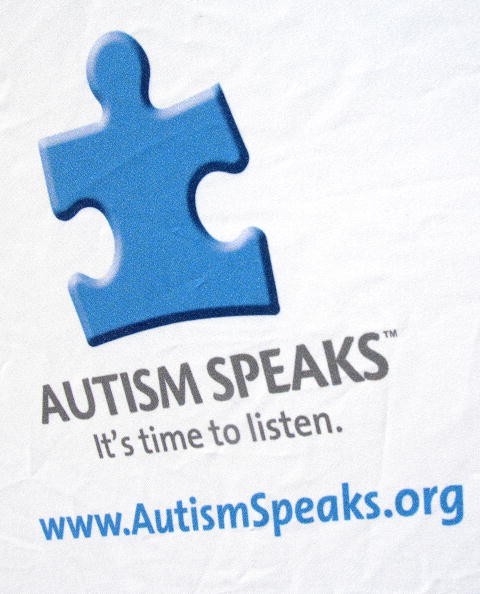
Toddlers who may be at risk for autism spectrum disorder are being helped by several simple strategies that their parents can use. This finding is from a small study-a randomized control trial of 18 one-year-olds-but the strategies appear to lead to some significant improvements.
The toddlers in the study showed possible signs of autism, but a firm diagnosis is not usually made until age 18 months to 2 years, when full-blown signs of autism can be seen. However, the researchers compared the effects of an intervention program called adapted responsive teaching, which the parents of the children were taught to do at home with a referral to an early intervention and monitoring program. The children were followed for about 20 months.
They found that the children who received adapted responsive teaching did better than the other children in terms of being more responsive, communicating more, having improved language, and socializing better. However, both groups made gains over time, and children in both groups were later diagnosed to be on the autism spectrum.
The children who received the adaptive responsive teaching intervention outperformed the referral group on several child developmental outcomes in the areas of social-communication and sensory functions, the researchers stated.
One example of an adapted responsive teaching strategy is interacting with the child by imitating his or her actions or communications. The child then may interact with the parent further to see if the parent continues to repeat the imitations and a back-and-forth exchange starts to occur.
" 'Imitate your child' is just one example of an ART intervention strategy that is targeted to address one of 12 pivotal behaviors in our study," said Grace Baranek, PhD, lead author of the study and an autism researcher at the University of North Carolina School of Medicine in Chapel Hill. "Each child has different strengths and weaknesses, so the intervention is individualized to the needs of the child, and necessarily varies across families."

